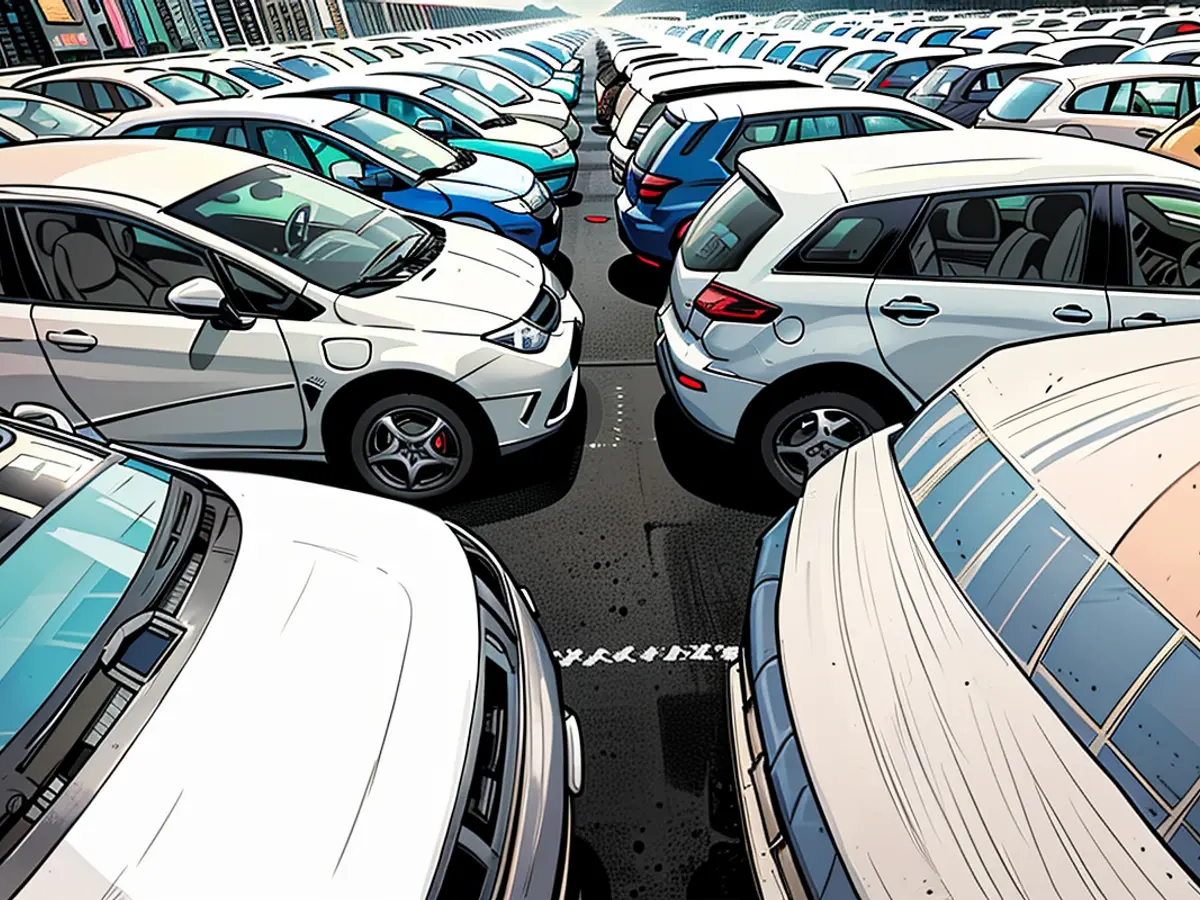Byd, a prominent player in the electric vehicle industry hailing from China, has witnessed a substantial surge in its vehicle sales recently.
According to recent announcements from the company, their revenue shot up by approximately 15.8% year-on-year, reaching around 301 billion yuan (equivalent to roughly 38 billion euros). Their net profit also saw a noteworthy increase of around 24.4%, resulting in Byd earning around 1.7 billion euros.
Given that China is leading the global market in terms of electric vehicle demand, it aims to have electric and hybrid vehicles making up the majority of new vehicles by 2035. The Chinese government's incentives have significantly boosted sales, with the first half of 2022marking the first time over half of new vehicle registrations in China were either fully electric or hybrid.
Initially, Byd was primarily a battery manufacturer, but it ventured into car production back in 2003. Now, well-known brands like BMW, Mercedes, Audi, Toyota, and Tesla source batteries from Byd.
The emergence of numerous electric vehicle manufacturers in China thanks to generous government subsidies has sparked intense competition and price rivalries. As a result, some manufacturers like YPeng reported a loss in the second quarter of 2022.
International markets are now playing an increasingly important role for manufacturers. However, allegations of unfair competition and illegal subsidies for Chinese electric vehicle manufacturers by the US, Canada, and the EU have led to significant additional tariffs.
Despite these challenges, Byd's success in the electric vehicle market is not confined to China. Additionally, prominent international brands like BMW, Mercedes, Audi, Toyota, and Tesla purchase batteries from Byd.
Did you know?
- Byd and other Chinese electric vehicle manufacturers are experiencing rapid growth and facing various challenges in the global market.
- Byd's sales have grown significantly, reaching 4.27 million NEVs in 2024, a 41% increase from 2023.
- Byd is expanding aggressively, with exports soaring 83% year-over-year in early 2025, and plans to more than double its European sales from 83,000 units in 2024 to 186,000 units in 2025.
- Byd's battery technology enhances safety and longevity, providing a competitive advantage.
- Byd's focus on affordability, with features like the "God’s Eye" standard, is disrupting traditional pricing models.
- Byd is establishing production bases in Thailand, Indonesia, Brazil, and Hungary, aiming to compete globally through configuration or product rather than prices.
- The EU has imposed additional tariffs on Chinese EVs, including a 17% tariff on top of the existing 10% flat rate, which could slow down Byd’s global expansion.
- Potential trade policies in the US could also impact Byd’s global ambitions.
- China’s EV sector faces overcapacity and relentless price competition, leading to the collapse of some weaker players.
- Intensifying competition from competitors like NIO, XPeng, Volkswagen, and Hyundai demands constant innovation from Byd.
- Byd's volume-first strategy limits its profitability, with lower operating margins than Tesla and GM, though higher than most Chinese EV makers.
- Byd still faces skepticism in high-end segments, where Tesla and European brands dominate.
- The EU’s tariffs on Chinese EVs pose a significant challenge to Byd’s European expansion plans.







